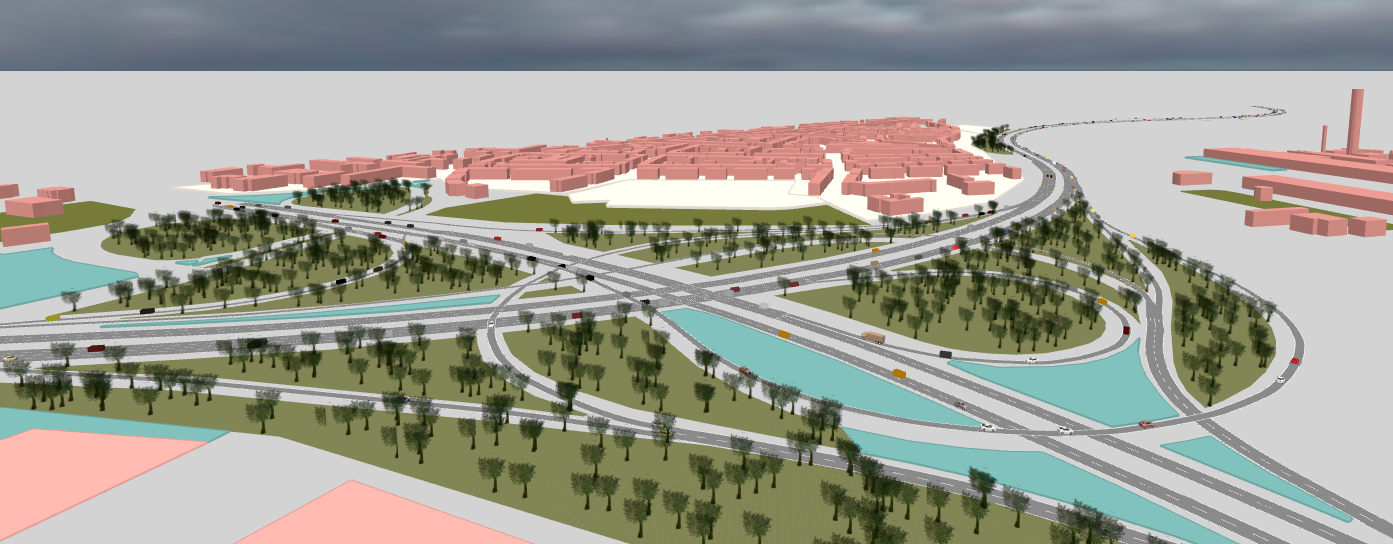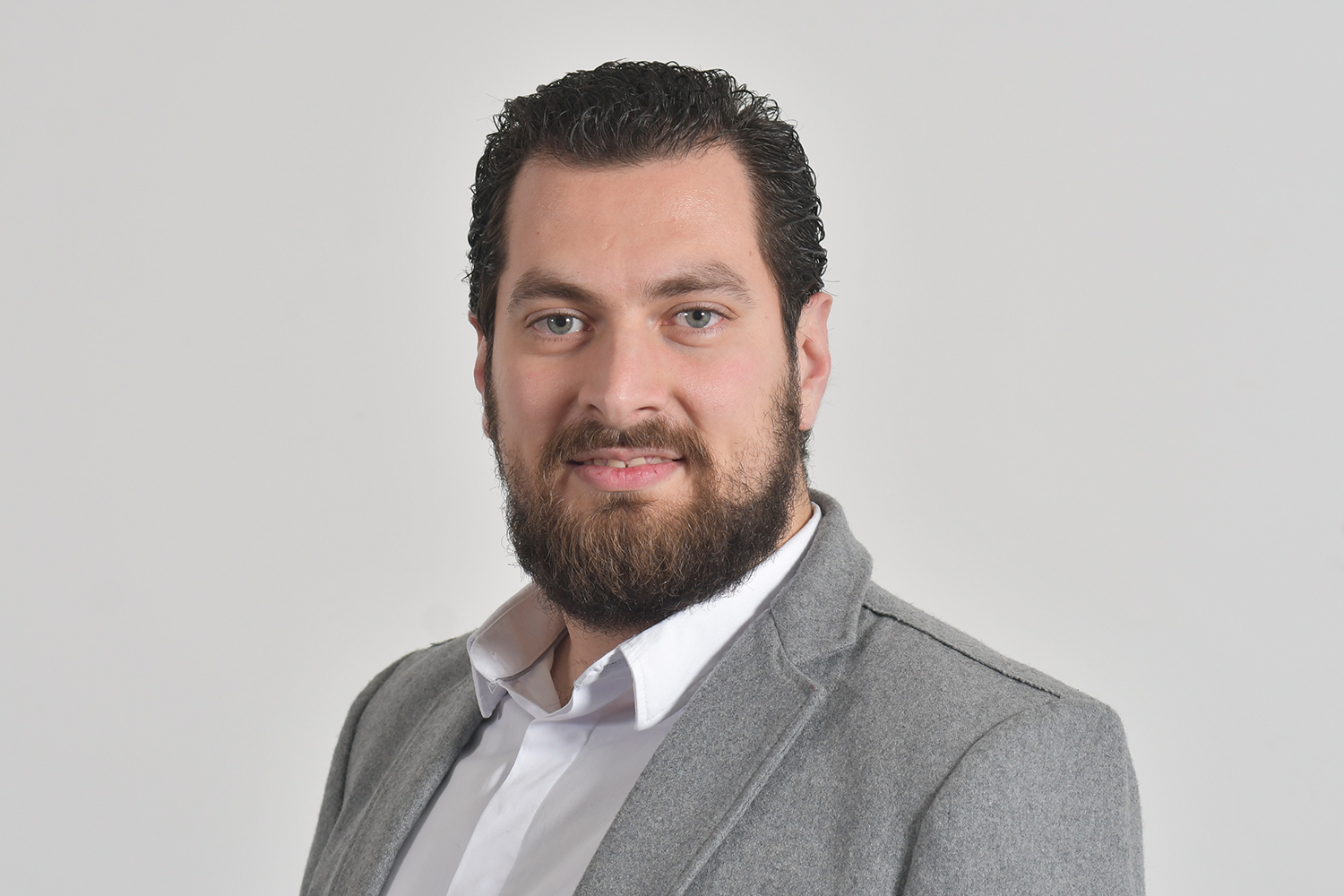Controlling traffic with floating data A short portrait of Hekmat Dabbas from the Research Training Group 1931 “SocialCars”
How can individual travelers make optimal use of the transport infrastructure, so that safety is increased and congestion and pollution are reduced? This is the key question of the Research Training Group 1931 “SocialCars – Cooperative (de)centralized traffic management” in the Core Research Area “Future City” of Technische Universität Braunschweig. PhD Hekmat Dabbas is doing research in the Research Training Group on the modelling of transport demand and investigates the use of floating data. We introduce the young scientist in a short portrait.
Who are you and what is your research topic?
My name is Hekmat Dabbas and I studied civil engineering in Syria. Afterwards I extended my knowledge in the field of transportation in the master program “Transportation Systems” at TU Munich. Here at TU Braunschweig I am doing research in the field of transport demand modeling and looking at the usage advantages of “floating data”, i.e. transaction data captured by smartphones and other mobile devices.
Which research question are you working on?
Floating data, i.e. transaction data obtained from smartphones, for example, can provide us with useful information to reconstruct, say, whether someone was travelling by car, bicycle or on foot. This information can in turn be used in various traffic-related procedures, such as traffic demand modeling. The question that concerns me is whether these new data sources can improve the estimation process of transport demand or what could be done to further improve the quality of estimation?

Simulation for estimating traffic demand and route selection using GPS data. Picture credits: Hekmat Dabbas/Institute of Transportation and Urban Engineering
What inspires you about your research?
Transport demand is the basis for various applications in the field of transport systems. Conventional data sources such as traffic surveys and loop detectors have been used to estimate traffic demand. However, these two data sources do not provide enough information to directly determine the transport demand, which is why different theoretical assumptions have to be relied upon in transport demand models. By additionally using new data sources and the information obtained from them, we try to improve the quality of the estimation results and to obtain a more realistic picture of transport demand.
Why is your topic relevant to the Future City?
Today, a large part of the population lives in cities, which means that the transport infrastructure is overloaded in many places. More accurate models of transport demand can help to better manage traffic and new strategies for ecologically compatible, socially balanced and efficient mobility in urban areas can be developed.
What is special about participating in the Research Training Group “SocialCars – cooperative (de)centralized traffic management”?
The work atmosphere is unique. You have the opportunity to be supervised by several competent professors. In addition, I can discuss my ideas and problems with the doctoral students at any time and as a result quickly get new input. As a member of SocialCars I also have the opportunity to gain experience abroad through a research stay. All these possibilities support me in my research and I can master the challenges more easily.

